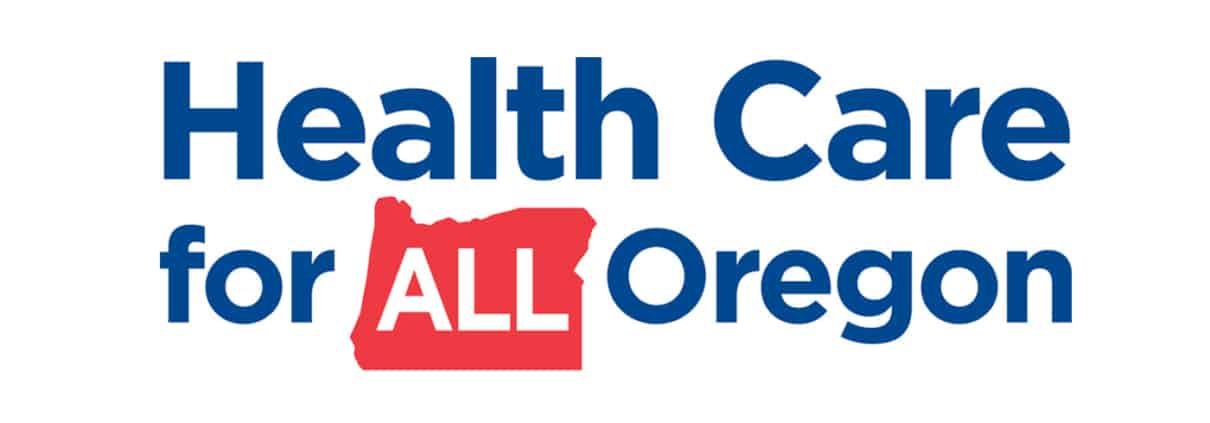Sexual Assault Does Not Happen In A Vacuum
This year continues to fly by as we head into April, and with so much going on locally and nationally, it’s not surprising things are moving quickly. This month, as we honor Sexual Assault Awareness Month and celebrate SARC’s 40th anniversary, we want to continue to voice our belief that the work we do around sexual assault cannot be treated as a vacuum issue, separate and unaffected by social and political dynamics.
The list of topics swirling around public discourse in our country seems endless, including immigration, climate change, environmentalism, sexism, sexual assault, systemic racism, transphobia, white supremacy, LGBTQIA rights, and much more. Part of doing work to end sexual violence means accepting that all of these issues interact with each other on multiple levels every minute of every day. That is because as people, we each experience and view the world through a kaleidoscope of unique identities and histories. Furthermore, the systems built around us, like government, healthcare, and capitalism, impact all of those identities differently.
SARC operates with the knowledge that sexual assault can happen to anyone, but that it does not happen to everyone equally. Research shows us over and over again that sexual assaults disproportionately occur against women, people of color, LGBTQIA individuals, undocumented immigrants, the elderly, people with disabilities, women in the military, the incarcerated, and people who struggle with financial or housing insecurity. Similarly, changes in local and federal legislation have the potential to disproportionately impact the same vulnerable populations.
Healthcare & Intersectionality
When it comes to prevention, SARC knows that education is key, as is access to resources. While prevention education helps stop would-be perpetrators from ever perpetrating in the first place, access to resources helps make individuals less vulnerable to exploitation and assault, since we know perpetrators often target those who are marginalized in society. Access to employment, culturally responsive healthcare, insurance, housing, schools, and other benefits increases one’s capacity to lead a safe and healthy life. Lately, a major issue regarding access to resources is health care coverage.
Nationally, threats to repeal and replace the Affordable Care Act (ACA) indicate threats to the wellbeing of our community members. Under the ACA, 30 million women gained copay-free access to preventative healthcare, including contraception, domestic violence screening and counseling, postpartum support services, depression screening, and more. Members of LGBTQIA communities were guaranteed protection from discrimination based on identity, orientation, or HIV status. The expansion of Medicaid in most states increased eligibility for coverage for millions more low-income households and individuals, although significant gaps still exist in gaining coverage for all people across income brackets.
As we advocate improving rather than rolling back our federal healthcare laws, we must also look to local government to guarantee protections. House Bill 2232 was recently introduced to the Oregon legislature to provide comprehensive reproductive health care for Oregonians. The bill requires insurers in the state to cover reproductive health services including contraception, STI screenings, prenatal care, and much more. It also protects against gender identity discrimination with language that would, for example, bar insurers from refusing to cover gynecological exams for transgender or gender-nonconforming individuals.
You can track HB 2232’s status here. While we wait for it to be debated and voted on, remember you have the power to reach out to your representatives! Having affordable access and autonomy to make health decisions about our bodies is part of the fight to end sexual violence. It sends the message that all bodies are equal, that bodies have rights, that our bodies are ours.
To learn more about how healthcare impacts women in Oregon specifically, check out the Women’s Foundation of Oregon’s intersectional analysis of the issue.
Healthcare is a great example of how current national issues tie directly to SARC’s work in ways that may not always be obvious. We want to celebrate intersectionality, and be conscious of the ways it influences our work. Recognizing our blindspots with humility and actively addressing them is the only way to make sure we are serving the needs of everyone who may need us.
Identities can be complex, but the bottom line is simple: sexual violence is inexcusable and preventable. The movement to end sexual violence is all of ours. We’ll work from different approaches and perspectives to address it, but we need your help.
Resources:
Donate >
Volunteer >
More SAAM events >
RSVP to 40th Anniversary fundraiser >
*Banner provided by HCAO.org



Leave a Reply
Want to join the discussion?Feel free to contribute!